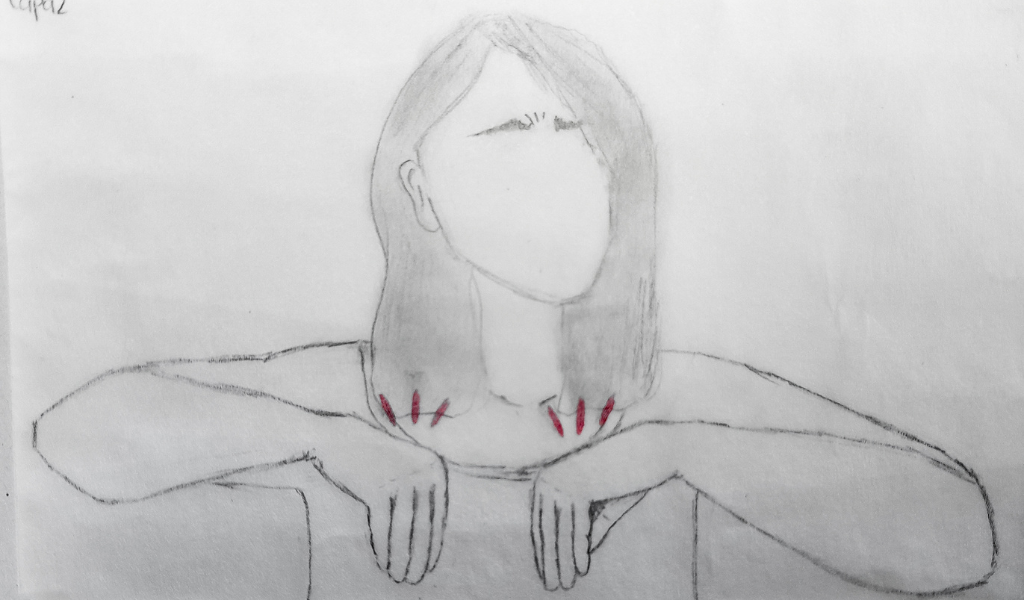This Global Accessibility Awareness Day, IDS is highlighting the progress it has made towards making our content, communications, and workplace as accessible as possible to users both within and outside of IDS.
We also spoke with two of our recent graduates about their experiences of accessibility and inclusion.
Ana Palma Garcia, class of 2023 (Master’s in Power, Participation and Social Change), won the Development Studies Association’s Masters Dissertation Prize 2024 for her work entitled ‘Co-constructing notions of inclusion with Deaf women in Colombia throughout cooperative inquiry’.

Jigyasa Agarwal, class of 2023 (Master’s in Governance, Development and Public Policy) guest-edited two episodes of IDS’ Between the Lines podcast. In the episode ‘Intersections in Education: Disability, Development, and Gender’ she interviewed three students from IDS and the University of Sussex, whom despite coming from diverse socioeconomic and cultural backgrounds are united in facing barriers to accessing academic and social spaces.
Positive change at IDS and beyond
Over the last 16 months we have made tangible operational changes to key outputs and processes, that has seen accessibility shift from a voluntary effort to become part of IDS values in practice.
We have identified operational changes to key outputs and are committed to taking concrete actions to coordinate and standardise accessibility. We have established a working group on Accessible Communications and are implementing an action plan to embed accessibility across all areas of the Institute.
Accessibility statement
IDS partnered with AbilityNet to conduct a full accessibility review of the IDS website, which was then updated accordingly. All content from February 2020 onwards is rated WCAG (Web Content Accessibility Guidelines) 2.1 AA standard, and we have trained all our website editors to make sure that all future website development and content updates adhere to both the level A and AA guidelines.
Website visitors can now:
– zoom in up to 300% without the text spilling off the screen
– navigate the website using just a keyboard
– navigate the website using speech recognition software
– listen to most of the website using a screen reader (most well-known screen readers)
A key outcome was our new accessibility statement, which details the parts of the website, that pre-date February 2020, which are non-compliant with the WCAG 2.1 AA standard.
Accessible events
We are developing a toolkit for managing events to ensure that accessibility is built into the event design right from its conception, and not added on as an afterthought. We have run events with sign-language interpreters, live stenographers, and interpreted into multiple languages. One example is the ‘The Impact of Covid-19 on People with Disabilities in Six Countries: Three Studies – Same Story!’ webinar, ensuring that all attendees could be involved in the important discussion
Accessible publications
We are updating our publications templates and publishing processes to make our outputs accessible to the widest possible readership, such as including visual descriptions for images, exploring new digital formats, and checking our publications against accessibility criteria. The Publications Team has produced two accessible eBooks in EPUB format – a format that can be adapted by readers for a personalised reading experience. See, for example, What About Us? Global Perspectives on Redressing Religious Inequalities. The Team also has an action plan to meet future European legislation accessibility standards.
Our action plan for 2024
Over the next year, we will be taking action to embed accessible communications across the Institute, including in the areas of:
– Publications
– In-person and online events
– Social media
– Training and induction processes
– Websites
– Visual descriptions/alternative text
– Presentations
